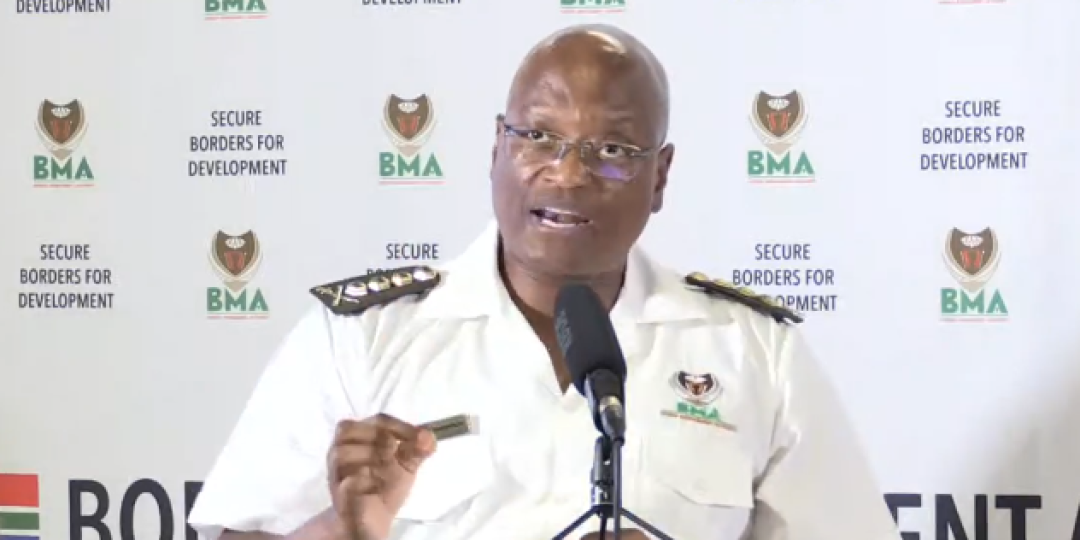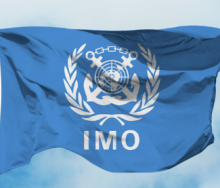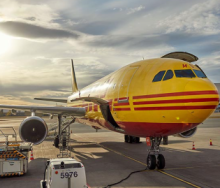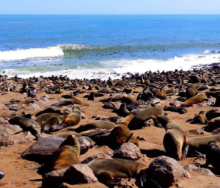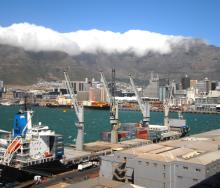South Africa’s Border Management Authority (BMA) has said it is ready for the challenges and responsibilities it will face when the country plays host to a G20 summit for the first time in Africa’s history.
Speaking at a Colloquium on Migration and Border Security, BMA commissioner Dr Nakampe Masiapato said the state-owned entity, which officially began operations last August, was incorrectly regarded by some as a civil service responsible for stamping passports.
“Things are increasingly interconnected and the movement of people, goods and services across borders has become very critical,” he said.
When the G20 Johannesburg Summit takes place in November, all eyes will be on South Africa to secure a safe entry into the country for the heads of state and associate dignatories from leading members such as the US, Russia and China, all three currently embroiled in geopolitical and trade tension.
Masiapato said it would be expected of the BMA to be “up to the task” to ensure border safety and security.
“It presents opportunities as well as challenges as far as border management work is concerned.”
As the third armed forces unit to be established post-1994 after the democratisation of the South African National Defence Force and SA Police Service, “the BMA’s primary existence is to secure South African borders and concurrently facilitate the legitimate movement of people and goods across ports of entry and the border enforcement area”.
With over 40 global heads of state and representatives from G20 nations, the summit is anticipated to attract a significant influx of visitors, including ministers, government officials, business leaders and media representatives.
It was important, said Masiapato, that the BMA, through its central command mandate, conducted itself in such a manner that border security was applied without unnecessarily restricting safe passage for visitors coming into South Africa.
The South African government has allocated R691 million for the summit, with R194 million specifically designated for the Leaders’ Summit, covering venues, accommodation and ground transport.
The event is expected to bolster the country’s tourism sector, which already contributes 8.8% to the GDP, and create further employment opportunities.
The summit also comes at a time of geopolitical flux, with South Africa’s presidency under pressure to navigate complex global dynamics, particularly with the potential absence or diminished presence of the US.
